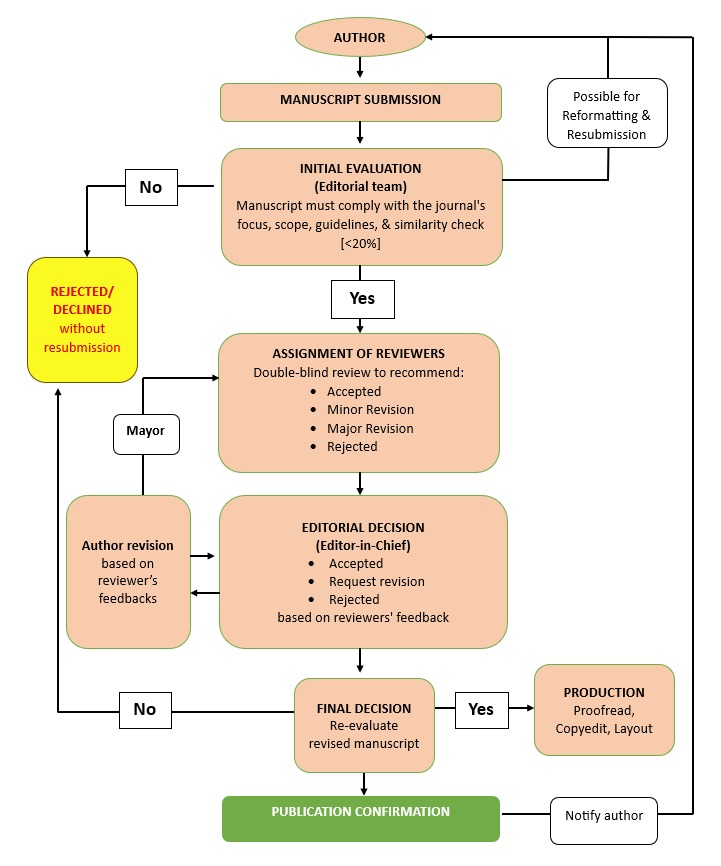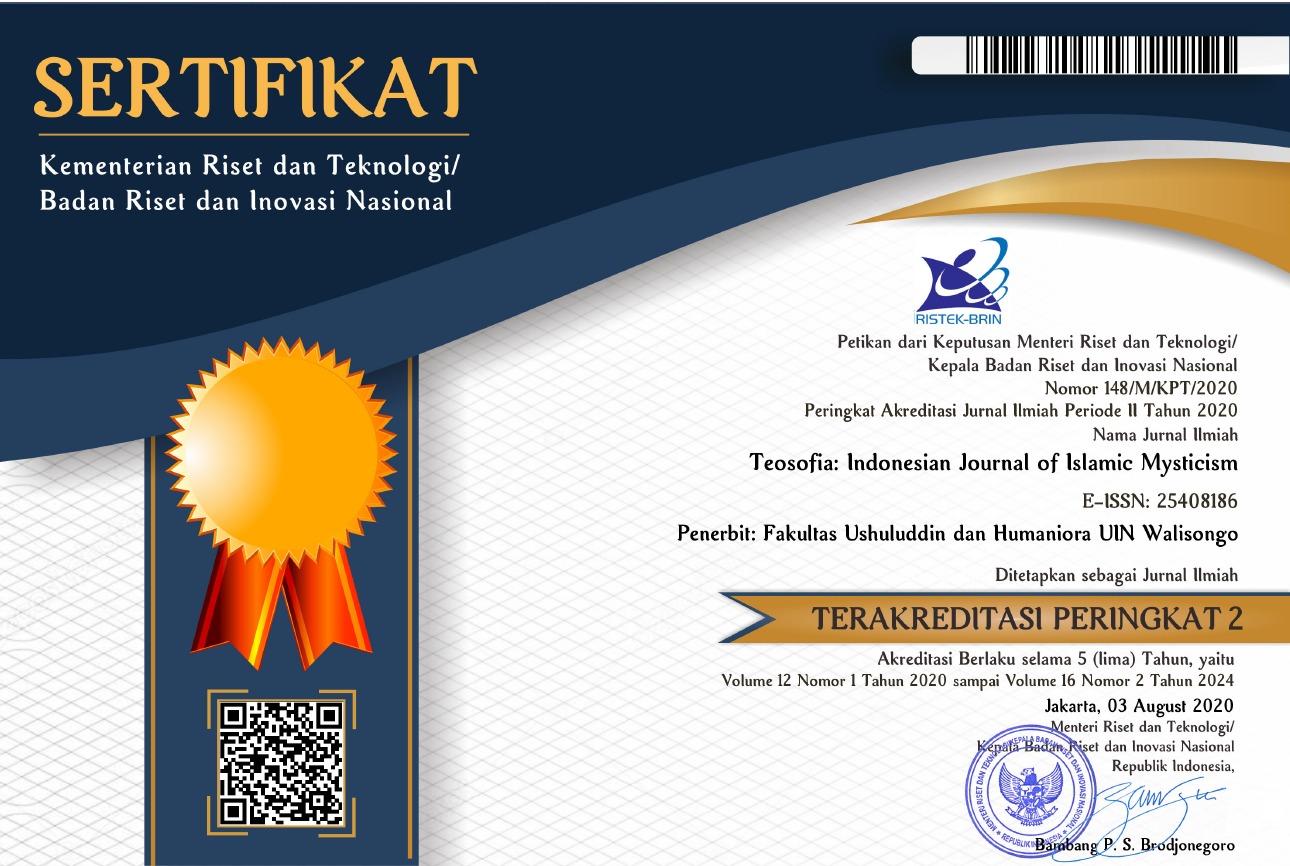![]()
This journal adheres to the Principles of Transparency and Best Practice in Scholarly Publishing identified by the Committee on Publication Ethics (COPE), the Directory of Open Access Journals (DOAJ), the Open Access Scholarly Publishing Association (OASPA), and the World Association of Medical Editors (WAME).





